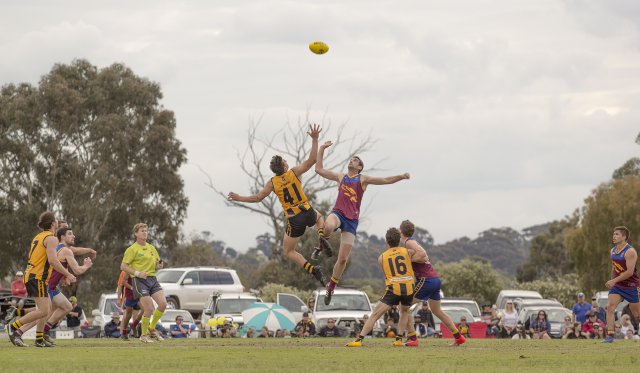
Rural Australians who play football are healthier, happier and better connected with those around them according to a new report.
The Bankwest Curtin Economics Centre report on participation in Australian Rules football released last week showed the benefits of playing the sport extended beyond just physical health.
Report author associate professor Mike Dockery said results showed the value of community sport in regional Australia.
“Of significance is both the high rates of young Indigenous men participating in Australian Rules football – reaching up to 65 per cent in remote areas across Australia – and the positive impact this has on mental health,” he said.
“This finding is particularly important given the high rates of psychological stress and incarceration experienced by Indigenous men.”
According to the report children who played football were six per cent less likely to be deemed to have a learning difficulty due to health issues, while boys living in remote areas who played Australian Rules football had a 20 per cent lower rate of skipping school.
“Australian Rules football has an important role to play in fostering mental health and positively engaging disaffected youth,” he said.
Mr Dockery said Australian Rules football was a major part of life in remote Indigenous communities in Australia, where events bring different family groups together.
“Football offers opportunities to strengthen and pass on kinship networks, and for men and women to gather separately to talk about issues.
“It’s not just players, it’s umpires, bus drivers, cooks, administrators, friends, family – football brings the whole community together.”
The report found clubs and carnivals were an important way to deliver messages like road safety, anti-domestic violence and health and playing football led to better school attendance among Indigenous boys in remote areas.
The Australian Football League was contacted for comment.













